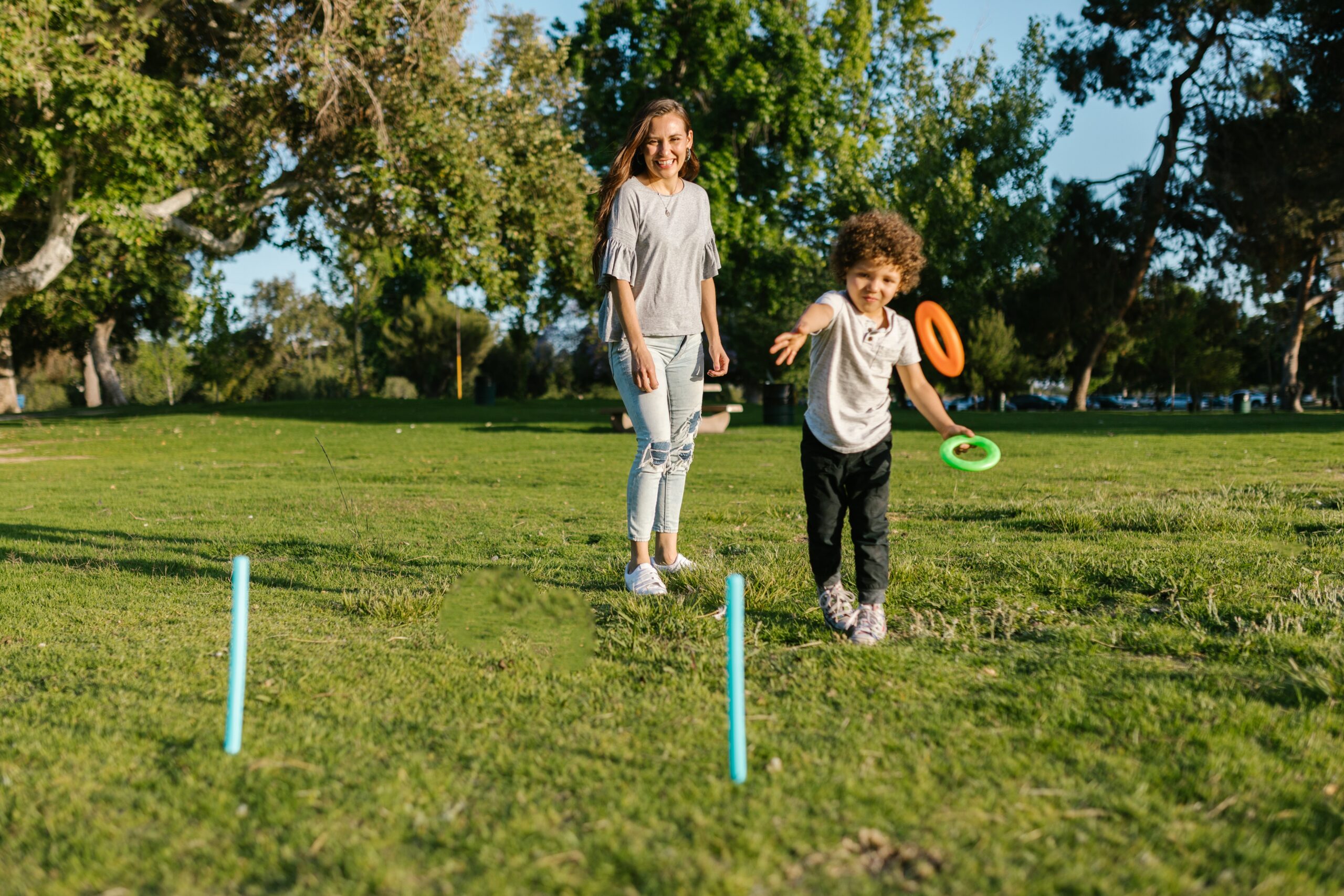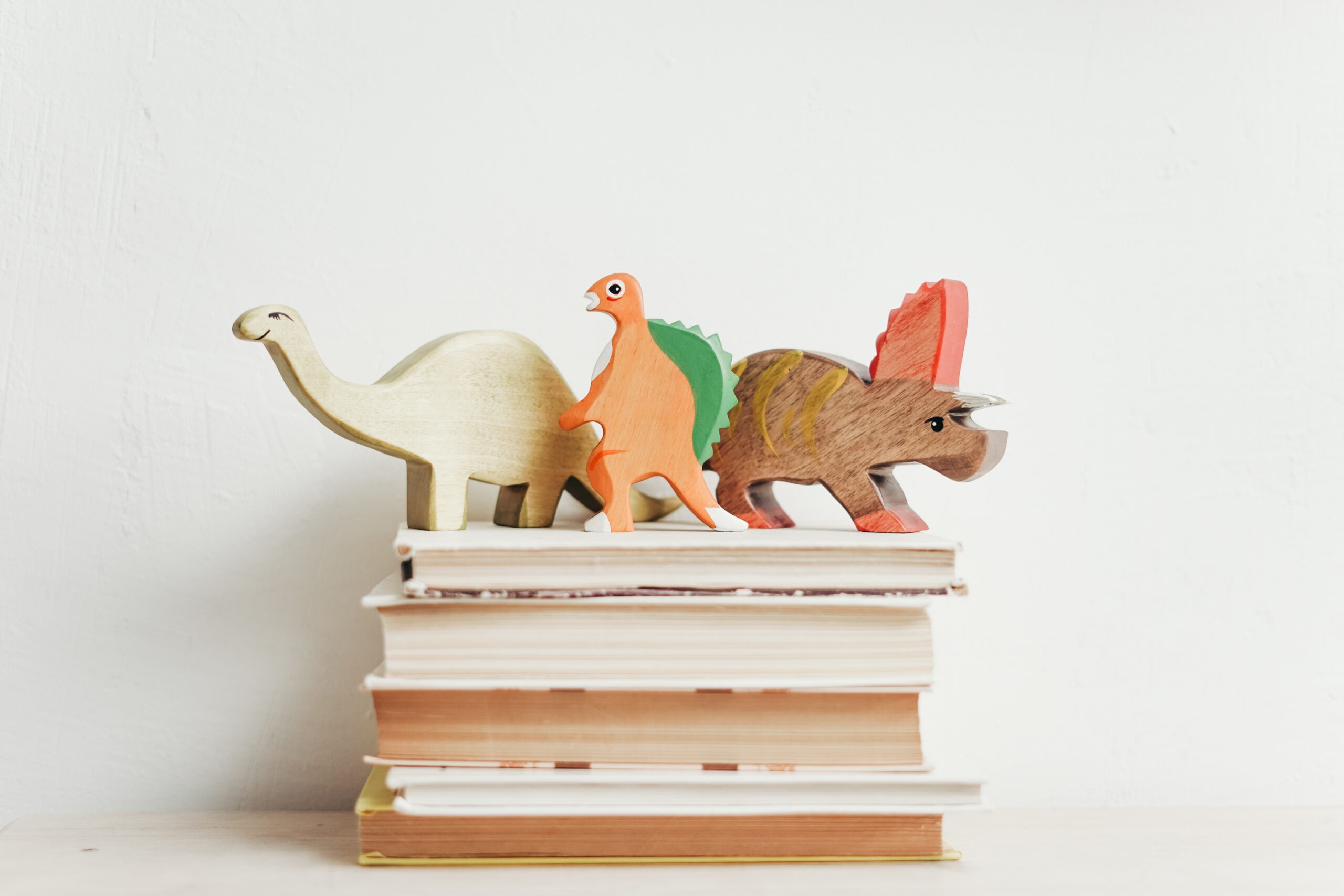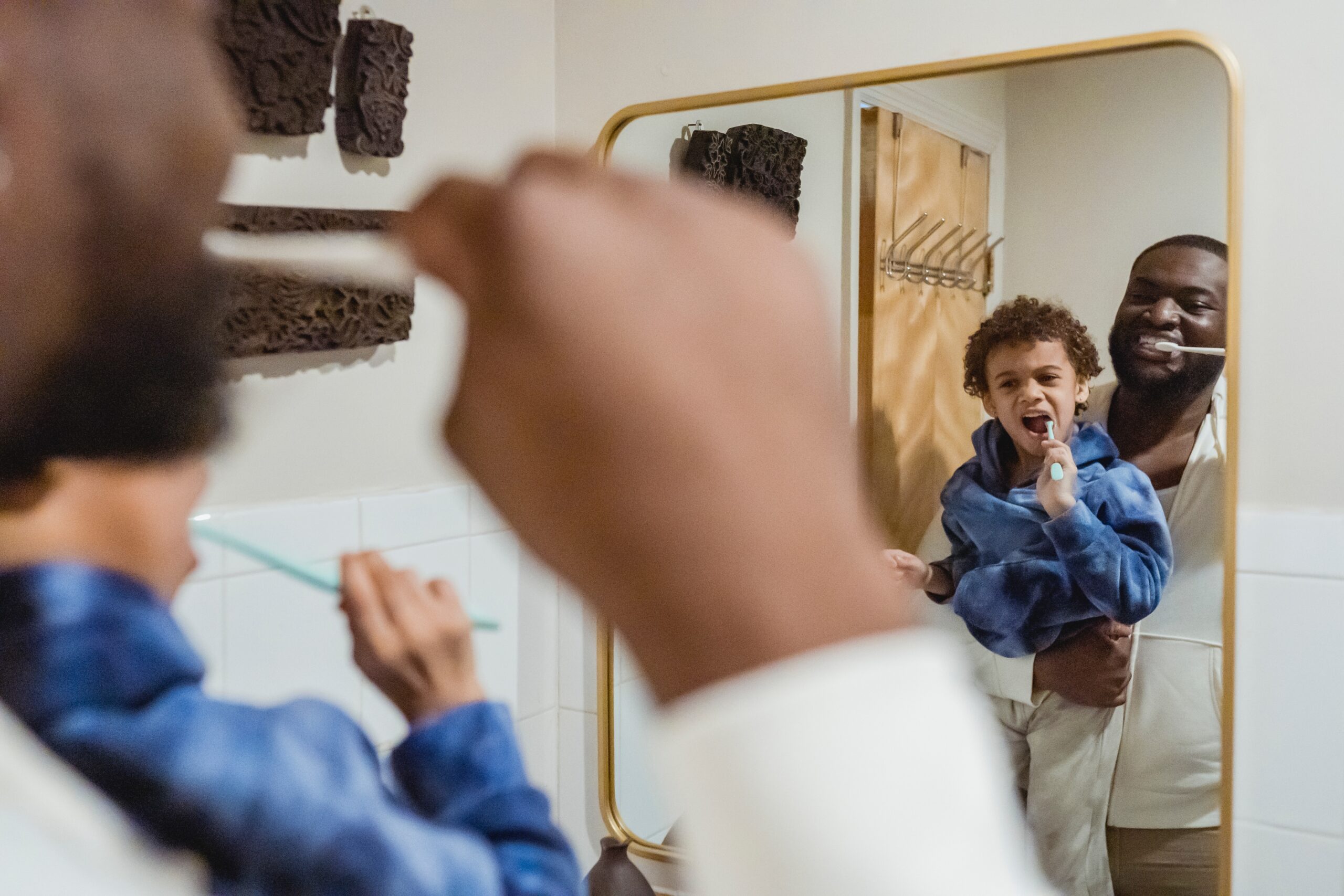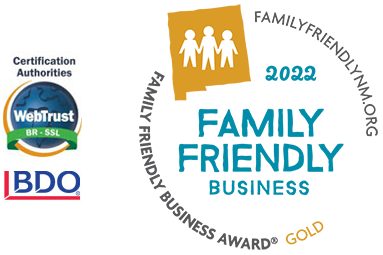
ABA therapy is an intensive therapy that typically has weekly dosages of 10-40 hours per week. When recommending hours and different types of treatment plans many factors will impact that number. Primarily, the research has shown that more hours of therapy is directly related to positive outcomes. So how can we accomplish 30-40 hours of therapy for a young child without it feeling like they are working a full time job? By utilizing naturalistic teaching.





